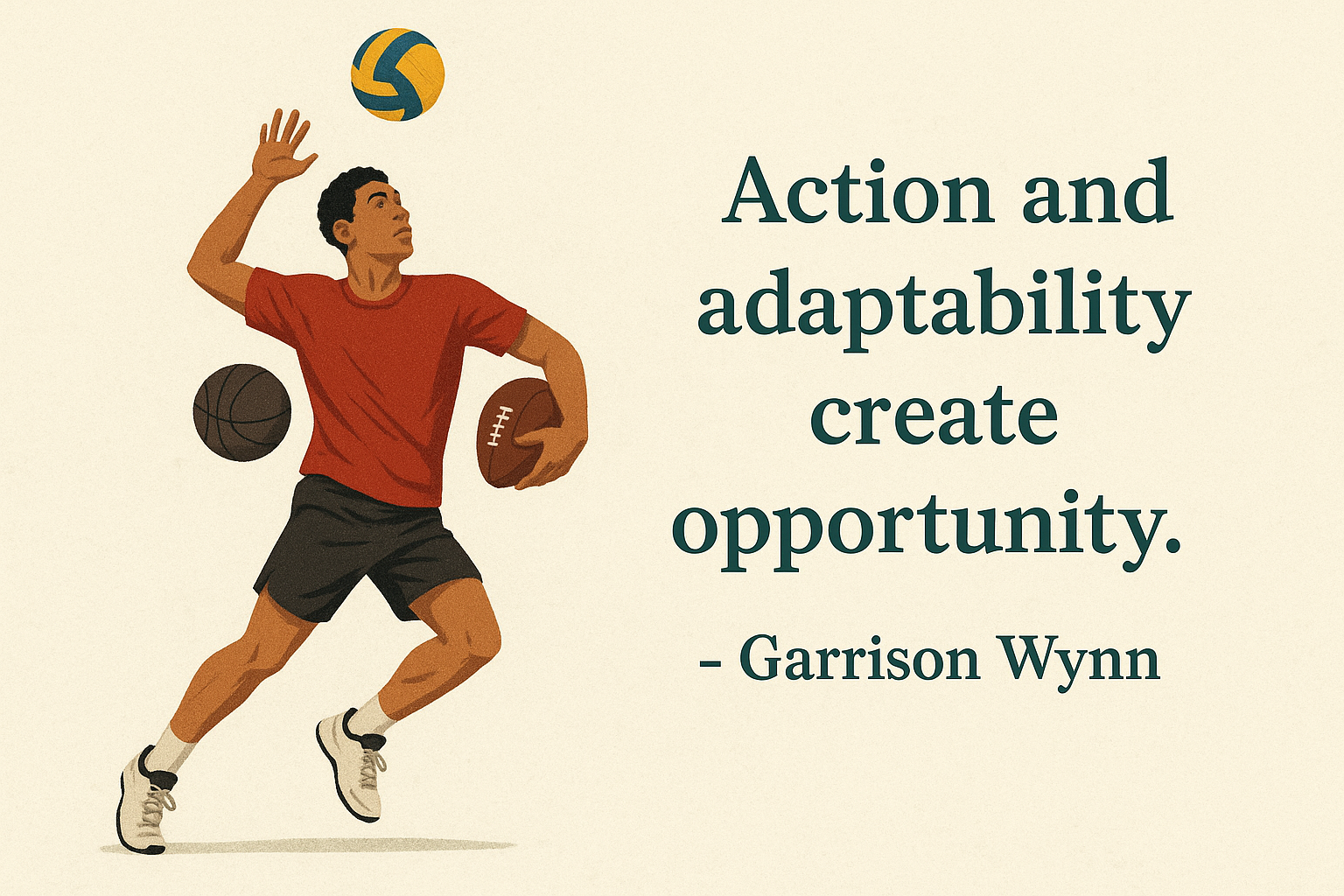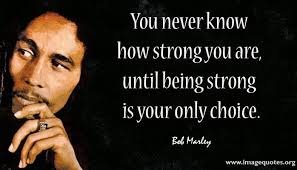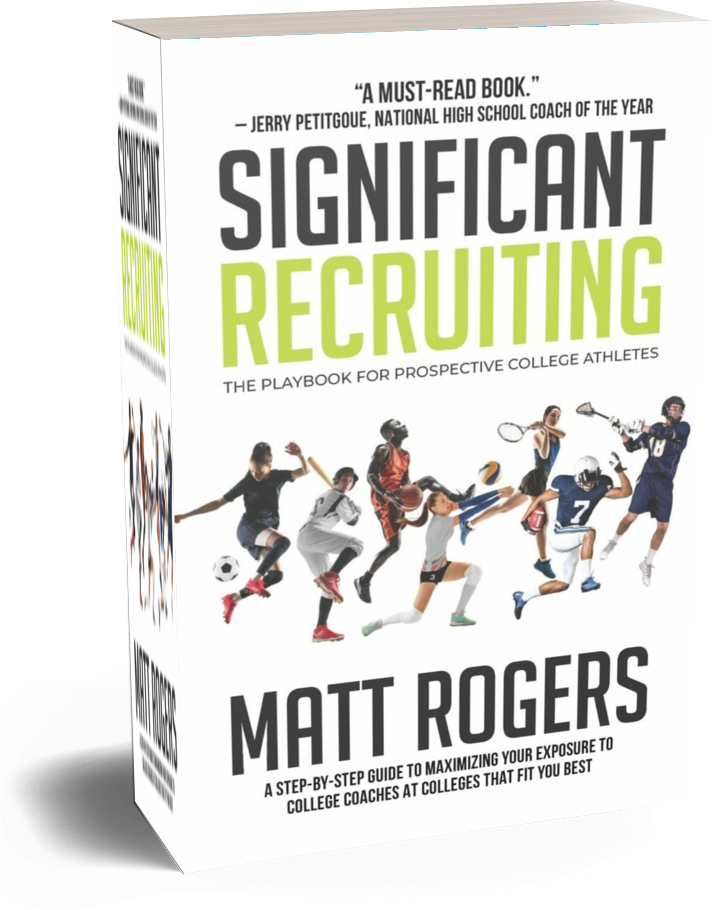“Action and adaptability create opportunity.” – Garrison Wynn
I preach this to my recruits every single day: versatility matters.
Can you be a strong volleyball outside hitter and hold your own in the back row as a passer, with a consistent serve to all zones?
Can you be a lights-out shooter on the basketball court and a smart, skilled ball-handler who makes good decisions under pressure?
Can you hit, pitch, field, and run in baseball or softball—and also be coachable and a great teammate?
Versatility isn’t just a bonus anymore—it’s the edge.
Why Coaches Love Versatile Athletes
College coaches don’t just recruit skill; they recruit problem-solvers. They love players who give them options.
Injuries happen. Upperclassmen sometimes underperform. Plans change. But if you can step in, plug holes, and still elevate the team’s performance in multiple ways—then you’re no longer a “nice-to-have.” You’re a must-have.
Being able to help in more than one spot gives you an early pathway to minutes. As a freshman, that matters. And over time, it can change the entire trajectory of your college career.
A Lesson from the Pros
If you’ve followed MLB recently, you might’ve seen the story about Rafael Devers, the Boston Red Sox superstar who’s reportedly unwilling to move from designated hitter (DH) to first base (1B)—even after the team’s young first baseman went down with a season-ending injury.
Forget the fact he’s being paid $300+ million. I can’t help but ask: If you truly love the game and care about winning, why wouldn’t you jump at the chance to help your team in any way possible?
Now, I would expect that one of the game’s best hitters is potentially being discussed behind closed doors as a trade piece—not because of his performance, but because of the potential damage his unwillingness to adapt is doing to the team’s culture.
Versatility isn’t just a skill set. It’s a mindset.
More Than Just Skills—It’s About Mindset
Maybe you’re a finesse athlete being asked to play more physically. Or maybe you’re quiet and introverted, but your team lacks leadership—and you’re the player everyone naturally looks up to. So now, you’ve got to find your voice, not because it’s comfortable, but because your team needs it.
That’s what it means to be versatile: not just what you can do—but what you’re willing to do.
Grow Your Value Until It Becomes Obvious
As you go through your high school, club, and college recruiting journey, never forget: The best athletes are always increasing their value.
The more you show what you can do—without complaint, without ego—the more likely coaches are to trust you, invest in you, and give you opportunities.
And here’s what usually happens: A coach sees your versatility and gives you chances to fill different roles. But over time, they also start noticing your strengths. They might realize, “Wait a minute, this kid isn’t just a utility infielder. She’s actually our best third baseman.” Or, “He’s not just a good hitter—we need him as our every-game opposite because he brings us consistency.”
Or maybe you become the go-to Swiss Army knife who’s always in the lineup because you can be counted on anywhere, anytime.
The Bottom Line
Just be a baller who loves to play. Be the kid who’s versatile in skill and adaptable in mindset. Be the athlete who shows up, works hard, and adds value every time you hit the court or field.
Because if you stay versatile long enough, the game will eventually show you where you stick.
🏐⚾ For more insights, recruiting tools, and free resources for athletes, families, and coaches, visit coachmattrogers.com.
Check out the Significant Coaching podcast, the Significant Recruiting playbook, and keep an eye out for Coach Rogers’ new Recruit’s Journal (out this summer!)—everything you need to navigate your recruiting journey with confidence and clarity.






